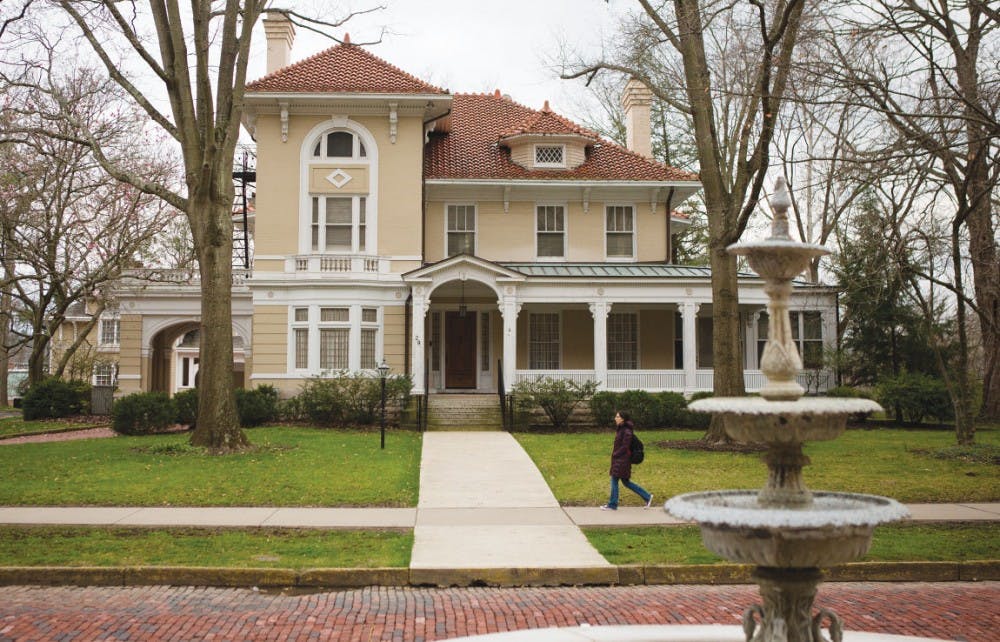Ohio University sought feedback from Athens residents regarding the future of Park Place on Wednesday evening.
In a public planning workshop at the Athens Community Center, 701 E. State St., the Park Place Planning Strategy Work Group met with residents to discuss the future of the “Park Place Corridor,” the central part of OU’s campus.
The workshop, attended by about 15 people, was part of the university’s strategy to adapt the area to allow for more student use and to accommodate increased pedestrian traffic. The university will hold similar workshops on campus Thursday from noon to 1:30 p.m. and 4:30 p.m. to 6 p.m. in the Baker Center Ballroom.
“Park Place, the street itself, is a city of Athens street and is a major corridor for students,” Shawna Bolin, co-chair of the work group, said. “We like to collaborate with different perspectives and ensure that we have the best feedback and information to develop the best strategy.”
Bolin, who also serves as director of University Planning and Space Management, began the workshop by speaking about the university’s general ideas for Park Place. Recommendations for using the space were included in OU’s 2016 Comprehensive Master Plan, which was approved by the Board of Trustees last March.
The university’s ideas include expanding some existing buildings, such as Alden Library, and improving outdoor spaces. OU’s goal is to create a “hub for activity to accommodate student uses and amenities,” Bolin said.
The bulk of the event included “workshop exercises,” where residents marked their preferences regarding Park Place on poster boards. The boards included questions regarding what residents wanted out of both existing and future indoor and outdoor spaces.
“We aren’t beginning to develop scenarios or anything until we understand what it is that each of these groups want and need so that we can best plan the right recommendations,” Bolin said.
OU doesn’t have any specific plans for 29 Park Place, OU’s former presidential residence, Bolin said. The house was left vacant in the spring of 2015 when former President Roderick McDavis and his wife moved out after a bat infestation incident, according to a previous Post report.
The work group also created an online survey, open through March 15, for students, staff, faculty and residents to provide more feedback and suggestions. The university will then use the feedback to guide its decisions, Bolin said.
“The next step is the work group will gather data together, and our planning team will take the data and try to synthesize it,” Bolin said.






